A former accountant in the Voi District Treasury has confessed to systemic theft and abuse of public funds, claiming she only resigned after being confronted by a powerful sermon from social justice preacher John Mackenzie. Her dramatic admission has ignited outrage, renewed calls for forensic audits, and questions about institutional oversight.
The woman, whose identity is withheld for security reasons, told Nation journalists that her tenure in the treasury had become a ground for illicit enrichment—until Mackenzie’s sermon exposed her wrongdoing in front of fellow congregants. “I had been stealing from the State while in employment,” she said. “But after that sermon, I couldn’t face myself in that pulpit again.”
Confession, Withdrawal, and Institutional Chaos
According to her account, the thefts ranged from inflated reimbursements and ghost payments to petty misappropriation. She claimed to have manipulated accounting records to siphon public funds into secret accounts and personal expenses. Yet she continued the scheme, believing it would go undetected—until the sermon forced her resignation.
She said that, upon hearing the sermon, she felt morally exposed and spiritually convicted. She tendered her resignation, moved away from public service, and kept silent out of fear of retaliation.
Government & Public Outrage
The exposé has triggered immediate repercussions. Anti-corruption activists and citizen watchdogs have demanded that the Ethics and Anti-Corruption Commission (EACC) open a full investigation into Voi Treasury’s accounts over the past decade.
In Mombasa, political leaders have seized on the revelation to call for county-level forensic audits and stronger audit oversight across all county treasuries. Some governors face renewed pressure to account for inconsistencies in their budget documents.
The story has also sparked public conversation about the moral weight of religious influence and its capacity to unmask corruption—even more effectively than external audits.
Legal and Institutional Fallout
Experts say this confession could serve as a precedent: internal whistleblowers might come forward, aided by moral or spiritual pressure. But it also raises hard questions:
- Will this former accountant face prosecution or leniency for her cooperation?
- Which senior officials were complicit in or aware of the misappropriations?
- Will the Ministry of Finance and Controller of Budget open parallel reviews to validate the confession?
- How many other treasuries operate under similar clandestine systems?
Both internal audit units and external oversight bodies are expected to rush to assert jurisdiction over the Voi accounts, potentially freezing transactions or imposing interim controls.

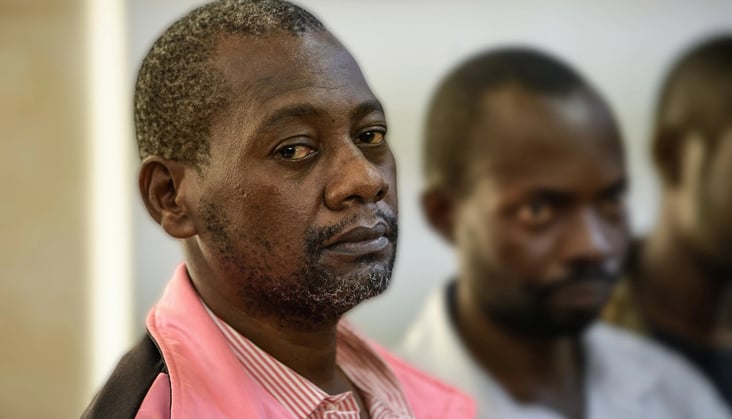
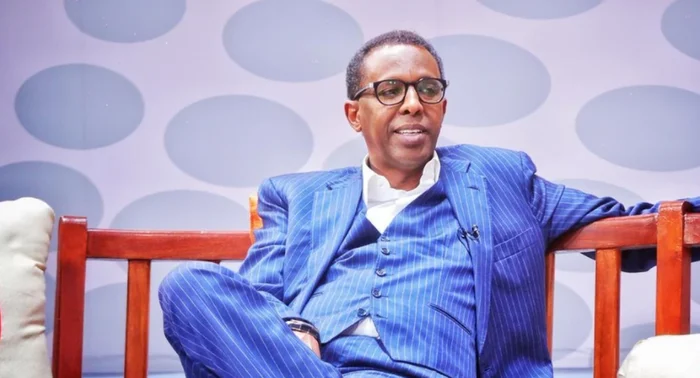
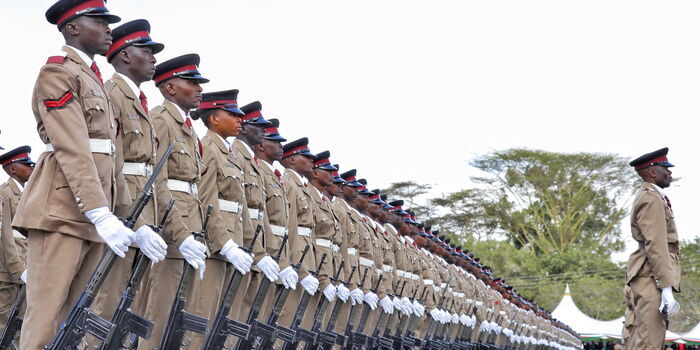
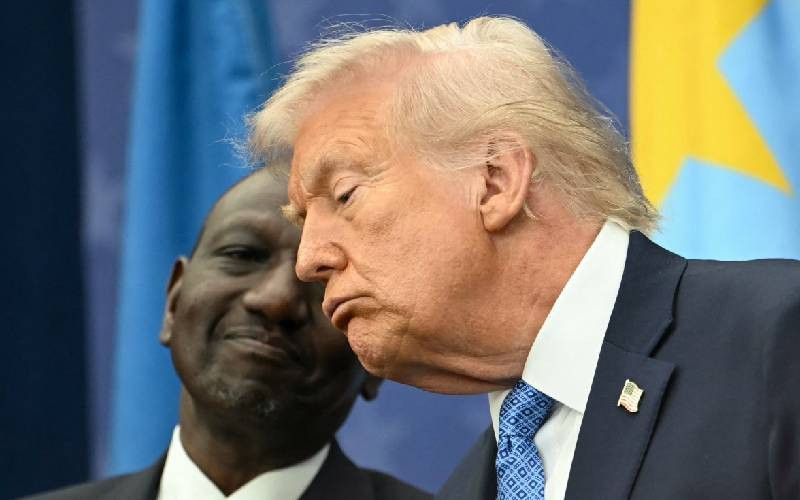
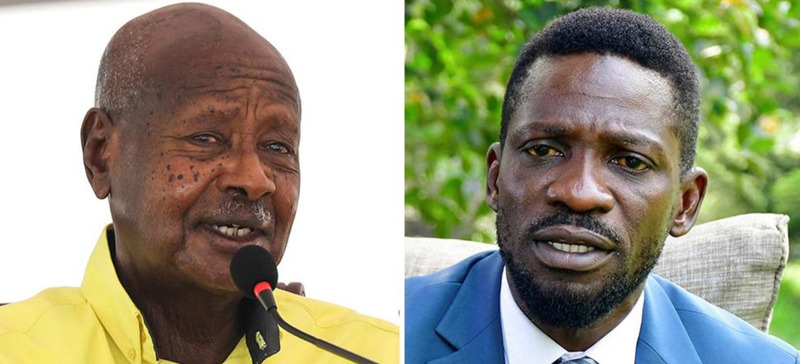
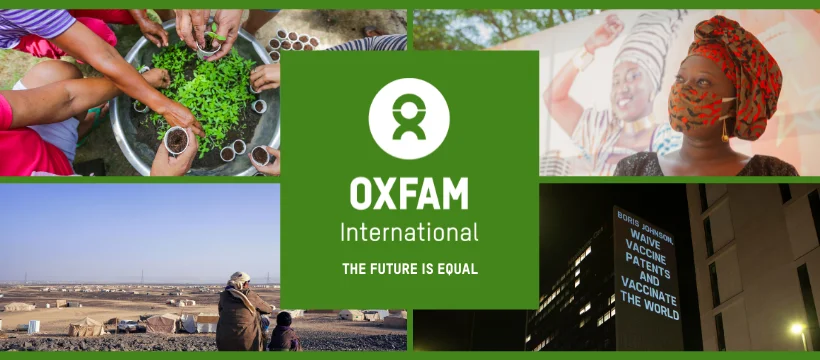

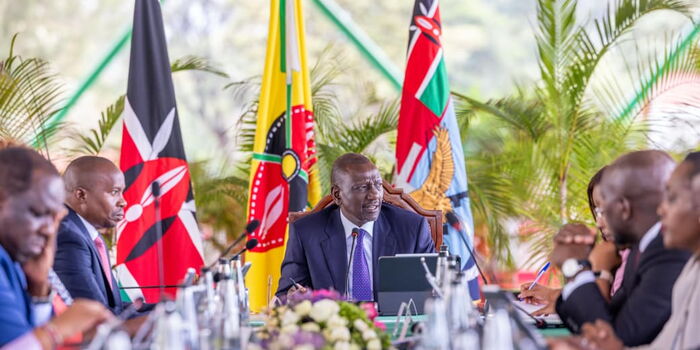
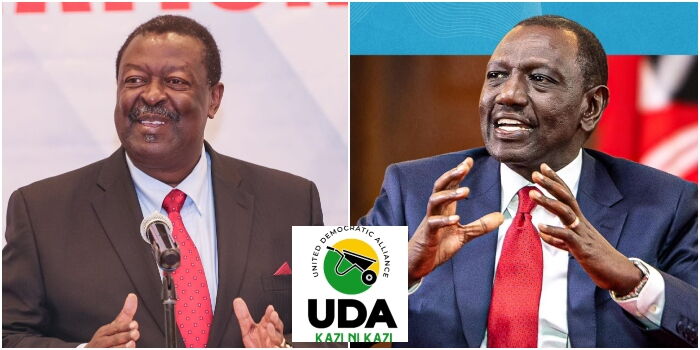
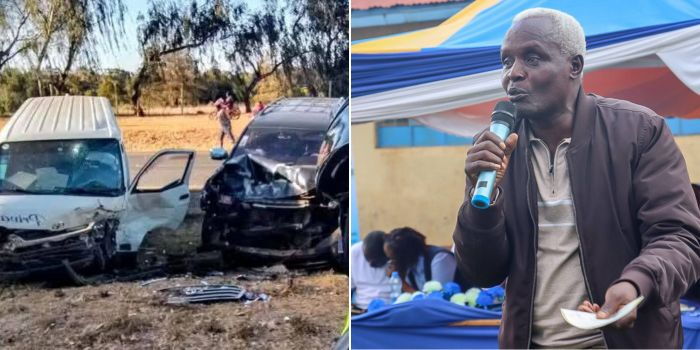

Leave a Reply